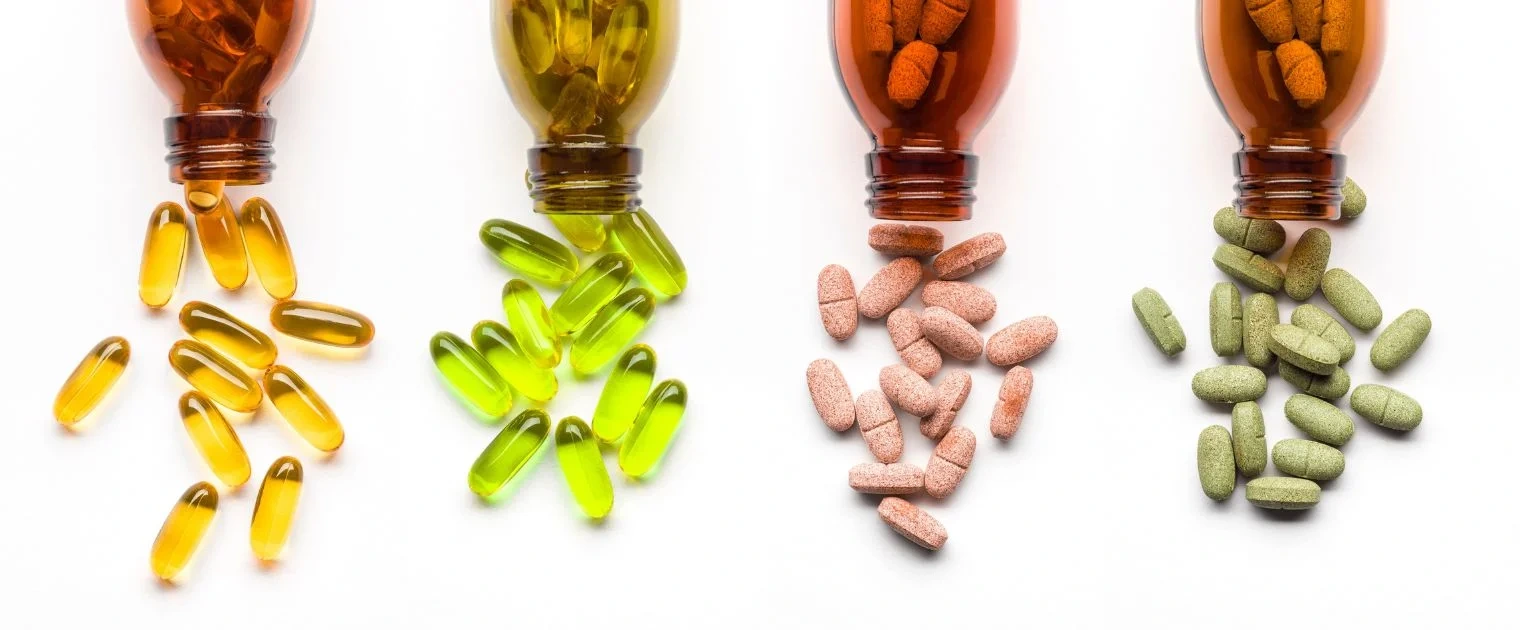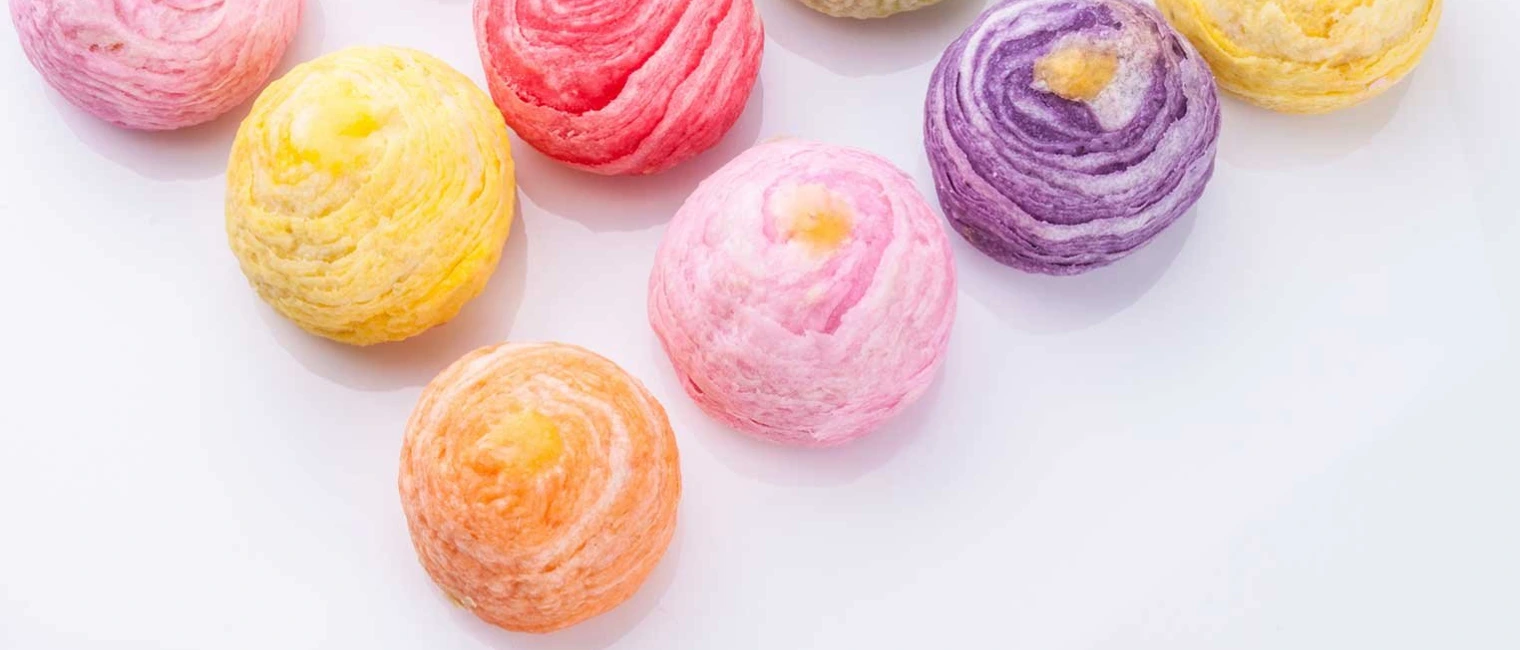As consumers grow more conscious of product quality, the nutritional supplements industry is transforming with a heightened emphasis on safety. This shift has increased transparency and accountability in the product development and manufacturing of nutritional supplements.
The Importance Of Food Colors In Nutritional Supplements
Nutritional supplement development, marketing, and consumer perception depend significantly on the food colors used in them. Here’s how food colors affect consumers choices when purchasing nutritional supplements.
1. Visual Appeal and Attractiveness
First and foremost, food colors enhance the appearance of nutritional supplements. A supplement with bright colors is more likely to catch customers’ attention on a store shelf or online marketplace.
2. Consumer Perception of Taste and Quality
Food colors influence consumers’ taste and quality expectations. Before trying it, a nutritional supplement’s color can also affect its perceived taste.
For instance, a red nutritional supplement gives the perception that it may taste like berries, while a green one may taste like herbs. Brighter, more saturated colors are often associated with higher supplement efficacy.
3. Product Differences
Food colors help manufacturers stand out in crowded markets. Colors can also help consumers find the right supplement by distinguishing between product lines or formulations within the same brand.
4. Communicating Health Benefits
Food colors can also convey the benefits of nutritional supplements. An orange supplement may contain beta-carotene, a potent antioxidant and vitamin A source, while a dark purple or blue product may contain anthocyanins.
Hence, manufacturers can reinforce their marketing claims by choosing colors that match the supplement’s health benefits.
5. Meeting Consumer Preferences and Expectations
Food colors in nutritional supplements can influence consumer preferences and purchases as health-conscious consumers seek natural and clean-label products.
Moreover, manufacturers can satisfy consumer demand for transparency and sustainability in ingredients by using natural and clean-label colorants.
Different Types Of Food Colorants Used In Nutritional Supplements
Nutritional supplements use synthetic and natural food colorants. Synthetic colorants, also called artificial colors, are chemically produced, and widely used due to their excellent stability and consistency properties.
Then there are natural and clean-label colorants that are derived from natural sources such as fruits, vegetables, herbs, spices, minerals, etc. Often perceived as safer and healthier alternatives, natural colorant pigments commonly include carotenoids, anthocyanins, and chlorophylls. Beta-carotene, beet juice, turmeric, and spirulina are some prominent examples of natural food colorants.
Benefits Of Using Natural Food Colors
There are many advantages to using natural food colorings:
- Health: Since they are chemical-free and derived from all-natural ingredients, natural colorants have a positive reputation among consumers.
- Sustainability: The production of natural colorants is more environmentally friendly because it uses renewable resources and results in less waste.
- Consumer Preference: Natural colorants help manufacturers appeal to a wider market, which is especially important as consumer demand for clean-label products rises.
Technical Challenges In Using Natural Colorants
While there are many benefits to using natural colorants in nutritional supplements, there are also some technical hurdles that must be cleared.
- Stability: A product’s shelf life and visual appeal may be negatively impacted by the use of natural colorants
- Cost: Natural colorants can often be pricier than synthetic colors and hence the final product may often be slightly more expensive
- Consistency: Some natural colorants can vary in hue and saturation, making it more difficult to maintain a uniform appearance between different lots of a product
How ROHA Can Help
ROHA, a food color leader, offers NATRACOL and FUTURALS natural and clean-label colorants. With the expertise of ROHA’s food specialists, these advanced colorants can help food manufacturers overcome the technical challenges of using natural colorants while meeting today’s health-conscious consumers’ needs..
To learn how ROHA can help you create visually stunning and nutritious food products, please get in touch with us.






Global
Simpsons